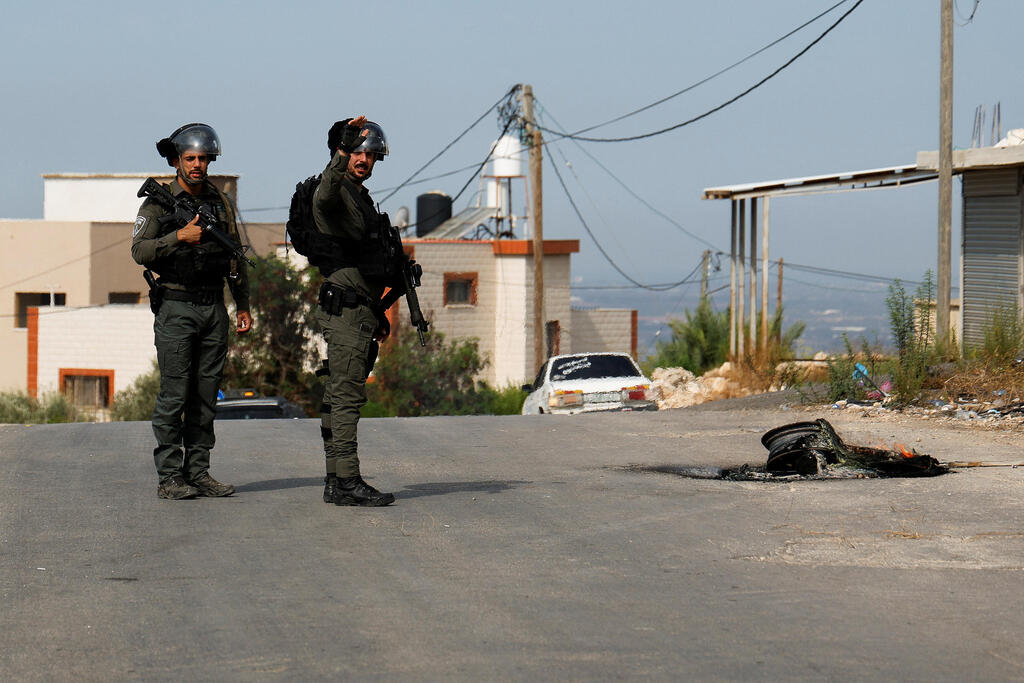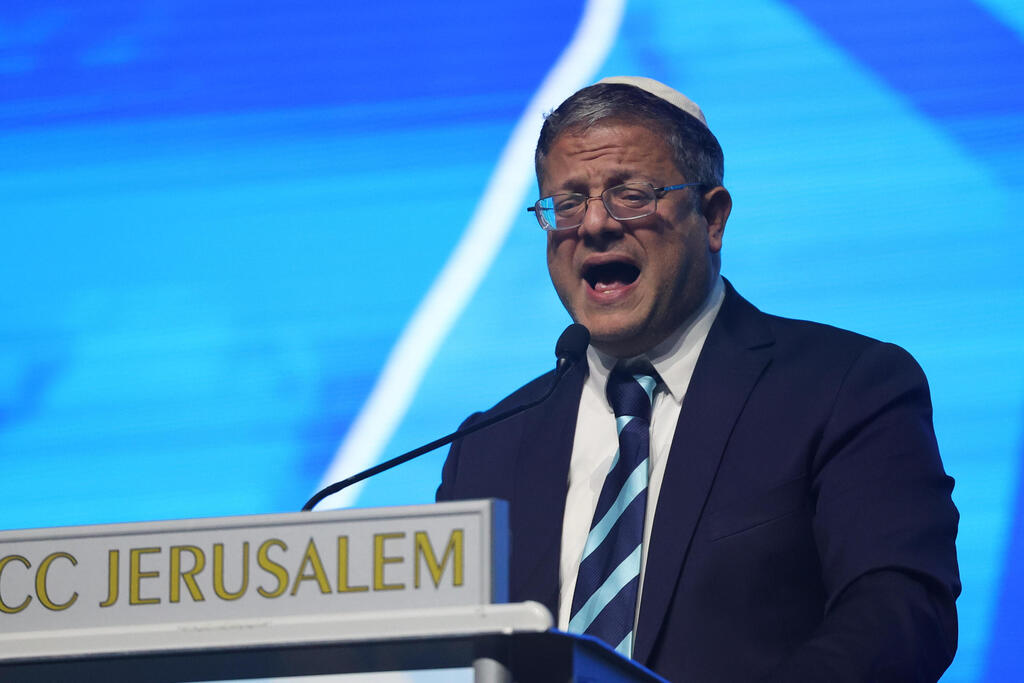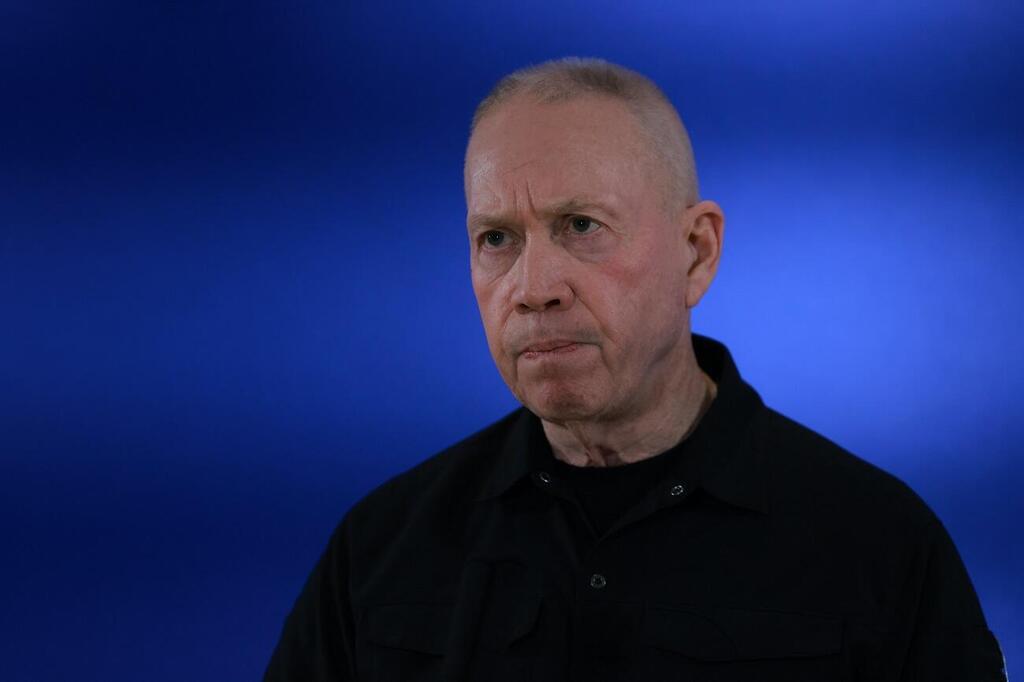Following criticism of the police's handling of nationalist crimes in the West Bank, also known as Judea and Samaria, the defense establishment is changing its approach. The Judea and Samaria Border Police Unit, which is under the jurisdiction of the Israel Defense Forces, recently changed its mission to appropriately deal with incidents of friction between Jews and Palestinians in the West Bank.
Read more:
The core of the unit's activity is monitoring the situation, arriving at the scene of the event and arresting, if necessary, the suspects, whether Jewish or Palestinian. The force changed its mission following several violent incidents in which innocent people were injured and extensive damage was caused to buildings and equipment. This was added to the defense establishment's criticism that incidents were not handled properly by the Israel Police Judea and Samaria district.
The force, which carries out patrol operations at points where incidents of nationalist crime have occurred in the past, has already prevented serious incidents that could have caused unrest in the area, according to security sources. According to security officials, some of those detained on suspicion of relatively "minor" offenses that were previously investigated by the police, are transferred directly to the Shin Bet.
At the end of October, both the IDF Central Command and the Shin Bet sent letters to the Chief of Staff regarding the increase in incidents of nationalist crime. Two weeks later, Prime Minister Benjamin Netanyahu and members of the Cabinet met with the heads of the councils in West Bank municipalities and broached the issue. Since then, there has been a significant decrease in the number of events.
3 View gallery


IDF Border Police operates in Judea and Samaria in police's stead
(Photo: Reuters/ Raneen Sawafta)
For several months now there has been tension between the IDF, Shin Bet and the Israel Police Judea and Samaria district regarding the handling of cases of nationalist crime. The security official's claim is that the police are acting according to National Security Minister Itamar Ben-Gvir's wishes, and not to the fullest extent of the law regarding suspects in incidents of nationalist crime, sometimes even failing to stop the incidents altogether. There is also tension between Ben-Gvir and Defense Minister Yoav Gallant.
At the beginning of November, it was revealed that Ben-Gvir prevented a meeting to which the commander of the Israel Police Judea and Samaria District Commander, Deputy Commissioner Uzi Levy, was summoned by Gallant. The main purpose of the canceled meeting was to reprimand the police for failing to respond appropriately to nationalist incidents and to make arrests to prevent further nationalist crime after the minister held a discussion on the topic with the IDF Central Command.
According to security officials, the security establishment presented to Gallant some of the cases in which Palestinians died after not receiving proper treatment from the police. After the discussion, Gallant decided to call the commander of the Judea and Samaria district for a discussion. Ben-Gvir became aware of the summons, and said he would allow the meeting to take place only if he was present, leading Levy to skip the meeting, effectively cancelling it.
After security officials saw that the incidents were not receiving the proper treatment, they designated a force from the Judea and Samaria Border Police Unit, under IDF jurisdiction, to take over the reigns.
Meanwhile, U.S. President Joe Biden imposed sanctions on four right-wing activists who were suspected of attacking Palestinians in the West Bank. Shlomo Naaman, head of the Gush Etzion Regional Council and chairman of the Yesha Council, said that "nationalist crime is treated as a crime, the main thing is that enforcement is done according to the law. We oppose executive orders. It is a thing that has become irrelevant. This is not the right method to handle Israeli citizens. We will certainly not accept any crime."





